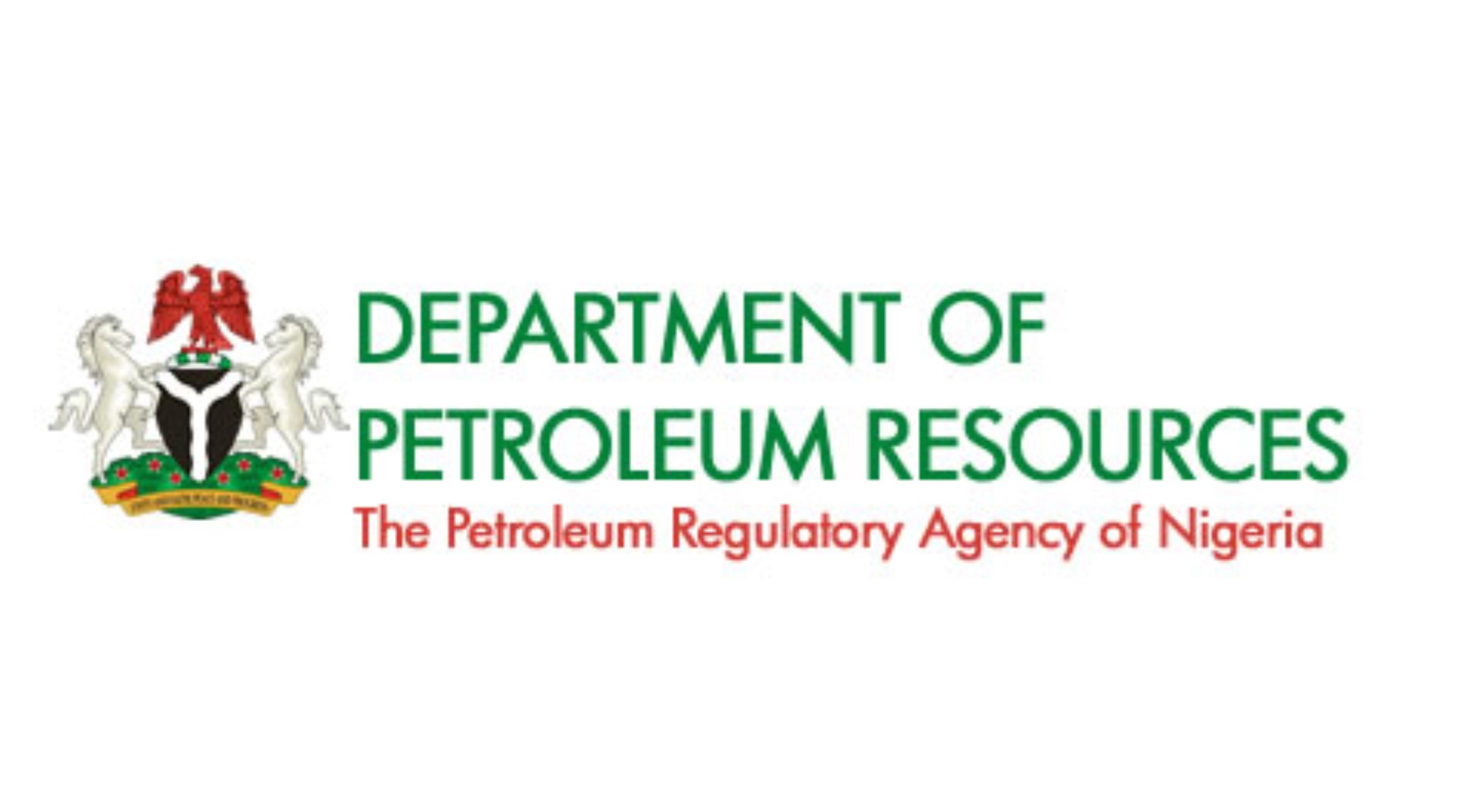Editorial
That Rivers Gas Task Force

Amid government’s quest for rapid growth of the nation’s cooking gas market, one of the challenges facing the growing market is the rate of gas cylinder explosions posing serious threat to many homes.
Only recently, Nigerians were jolted by fire incidents resulting from explosions at gas plants in different parts of the country. In two of the explosions that occurred within 24 hours in parts of Lagos State and another in Kaduna State, not only were property worth millions of naira also destroyed, lives were lost, aside from those who sustained various degrees of injuries.
No doubt, in the last few years, more Nigerians have imbibed the habit of using Liquefied Petroleum Gas (LPG) for domestic cooking, even as the Federal Government has equally stepped up the campaign for the use of clean energy for cooking.
Suffice it to say that the affordability of LPG by many homes and the consequent increasing patronage has attracted all manner of persons into the gas business, and leading to the setting up of gas retail outlets or gas plants even in residential areas.
Industry sources are uncomfortable with this development, especially since many of the dealers know next to nothing about standard safety measures, which ought to be in place.
Worried by the development, the National Chairman, Liquefied Petroleum Gas Retailers (LPGR) arm of the Nigeria Union of Petroleum and Natural Gas Workers (NUPENG), Mr. Michael Umudu, recently expressed concern over the development when he said that the proliferation of cooking gas retail outlets in the country has made it difficult for effective supervision and enforcement to take place, besides leading to the involvement of people who are ill-qualified to do the business.
“People who know little to nothing about the LPG retailing business are daily flocking into the business. This leads to the proliferation of substandard and fake products,” he said. Apart from industry players being worried that quacks are manning gas outlets, residents are getting perturbed that their safety is being compromised gradually by untrained gas outlet owners, while appropriate government agencies look the other way.
Definitely, these incidences of fire outbreaks, especially with the way attendants in these places just upturn gas cylinders without a care and their attendant consequences call to question, safety guidelines put in place by concerned authorities, especially in the light of the proliferation of gas plants, gas skids and gas retail outlets across the country.
It is against this backdrop, The Tide welcomes as apt the decision of the Government of Rivers State to constitute a task force to enforce control and ensure that only licensed persons operate such businesses in order not to place the lives and property of residents at risk.
While disclosing the plan of government at a recent meeting with gas management stakeholders in the state, the Rivers State Commissioner for Energy and Natural Resources, Dr. Peter Medee, said the meeting which was at the instance of the State Executive Council was to ensure that measures are quickly put in place to stop those operating illegal gas outlets in order not to risk the lives and property of residents anywhere in the state.
According to him, the state government considers the lives of Rivers people very important and as a result does not intend to compromise the life of any individual in the state, disclosing that members of the task force would comprise officials of the Department of Petroleum Resources (DPR), security agencies and some appointees of the state government to drive the enforcement.
Said he, “We have called you today to inform you of the importance Rivers State Government has attached to this very volatile situation. As a result, we are getting ready to take the bull by the horns to ensure that everybody doing gas business in Rivers State must operate under the laws of the Federal Republic of Nigeria as regulated by DPR in terms of guidelines for their operations.”
While we appreciate the stakeholders engagement procedure taken by the state government, we equally expect immediate implementation of sensitisation plans and the setting up of the task force that will compel strict compliance of everybody doing or wanting to do gas business in Rivers State to the extant laws of the Federal Republic of Nigeria.
Given the volatile nature of gas as a product, we equally expect that both the state government and the federal government agencies such as the DPR, the Police, Department of State Services, DSS, Army, the NSCDC, among others, will synergise to ensure that those caught are handled according to the law.
Apart from compliance, the task force must enforce safety precautions on a sustainable basis. More of auditing, inspecting and monitoring of these gas retail outlets has to be done to ensure the success of the objective. We also appeal with parents and business owners to keep members of their families and those at workplaces abreast of safety tips while dealing with domestic gas cylinders.
Also, proliferation of expired and sub-standard cylinders in circulation across the state and poor safety practices which are also leading to explosions that are claiming lives in droves should form part of the agenda of the taskforce.
Editorial
Resolve Rumuwoji Market Issues, Others

Editorial
As NDG Ends Season 2

Editorial
Beginning A New Dawn At RSNC

-

 News5 days ago
News5 days agoAmend Constitution To Accommodate State Police, Tinubu Tells Senators
-

 Politics5 days ago
Politics5 days agoSenate Urges Tinubu To Sack CAC Boss
-
Business5 days ago
Crisis Response: EU-project Delivers New Vet. Clinic To Katsina Govt.
-
Business5 days ago
President Tinubu Approves Extension Ban On Raw Shea Nut Export
-

 News5 days ago
News5 days agoDisu Takes Over As New IGP …Declares Total War On Corruption, Impunity
-
Business5 days ago
President Tinubu Extends Raw Shea Nuts Export Ban To 2027
-
Business5 days ago
Fidelity Bank To Empower Women With Sustainable Entrepreneurship Skills, HAP2.0
-
Sports5 days ago
NDG: Rivers Coach Appeal To NDDC In Talent Discovery

